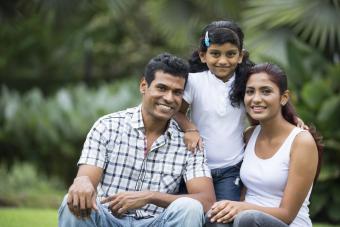Children & Family Policy
Children & Family Policy
Recent Activity
Video
July 23, 2013
Testimony of Margie McHugh, Co-Director of MPI's National Center on Immigrant Integration Policy, before the House Judiciary Subcommittee on Immigration and Border Security, U.S. House of Representatives.
Video, Audio
January 17, 2013
MPI’s National Center on Immigrant Integration Policy convened a major public policy research symposium focused on young children of immigrants in the U.S.
Video, Audio
December 14, 2012
The event discussion, which touched on the intersection of race and immigration, focused on the demographics of Black immigrants (both African and Caribbean) in the United States and their children, their educational success, and the implications of the recently released volume’s findings for research and public policy.





